How To Improve Stamina
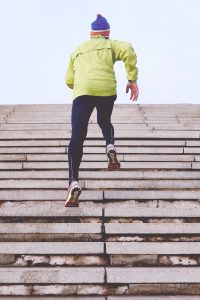 The way you improve your stamina has a lot to do with your ultimate goal. If you’re running, the most effective tools may differ from someone focusing on weight lifting. Some techniques work for every sport and are a part of any sensible training program. They can help both the athlete and non-athlete. One simple technique is frequent hydration. Even mild dehydration can diminish your performance. If you’re feeling exhausted before finishing your workout, drink water and see if you can push through to success.
The way you improve your stamina has a lot to do with your ultimate goal. If you’re running, the most effective tools may differ from someone focusing on weight lifting. Some techniques work for every sport and are a part of any sensible training program. They can help both the athlete and non-athlete. One simple technique is frequent hydration. Even mild dehydration can diminish your performance. If you’re feeling exhausted before finishing your workout, drink water and see if you can push through to success.
Do all types of exercise, no matter what your sport is.
If you’re only doing cardio because you’re a runner, you’re missing out on real benefits from strength training. The same is true if you’re a weight lifter. Doing cardio increases your endurance. You can modify weight lifting by including some sets of more repetitions and lighter weights instead of fewer reps and maximum weight. Turning some cardio into HIIT—high intensity interval training—can also improve your stamina dramatically.
Get adequate sleep to boost your stamina.
Even cutting your sleep short by an hour can affect your performance if you’re striving for endurance. Some sports are more affected than others. If your sport demands endurance, like cycling, you’re less likely to have the motivation and reserve to finish the race once your energy depletes. One study showed that boosting sleep from 7 hours to 8.5 hours improved the performance of a basketball team. It builds internal reserves so you have the extra power and stamina when you need it.
Improve your nutrition to boost your endurance.
Your diet plays a big role in how well you function and how long you last. Eating whole foods with a focus on fruits and vegetables helps. Eliminating food with added sugar is vital to maintaining peak performance. Pre-workout and post-workout snacks can also help improve your stamina when you’re exercising. Those snacks are a combination of carbohydrates and protein. Each person should have a diet that meets the body’s needs for their sport and their stamina. No two people are alike. Their nutritional needs also differ.
- Make sure you aren’t over-exercising, especially if you’re doing strength training. Don’t work the same muscle at peak intensity every day. They need time for recovery.
- Include short plyometrics in your training. The explosive movements can include adding jump squats or mountain climbers. You can mix these with other cardio or your strength training.
- Build stronger core muscles. When you have strong core muscles, your body isn’t fighting to stay erect. You’ll burn less energy with an improved posture and a strong foundation.
- Try new training techniques and ways to exercise. Periodically switching the way you exercise causes your muscles to work differently. Yoga may not seem the best for weight lifters, but it can increase flexibility and prevent injury. New exercises and forms of exercise can be more wearing than doing more sets of your regular workout.
For more information, contact us today at Next Level Fitness

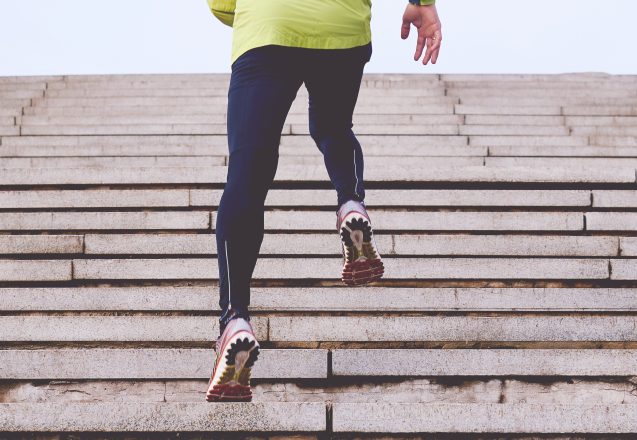
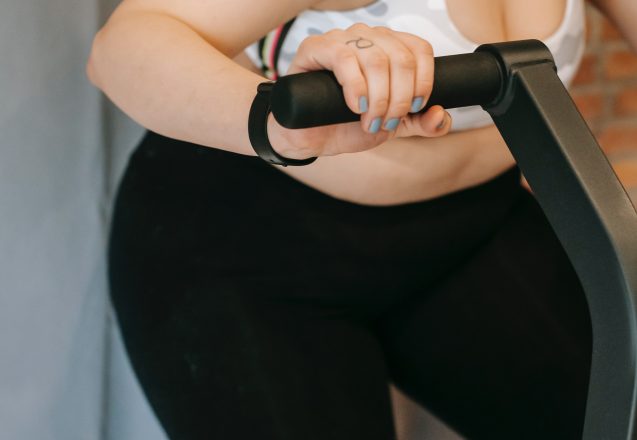
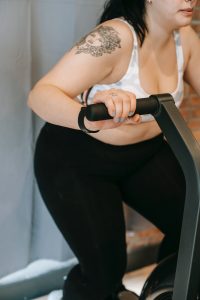 Why do people exercise? It isn’t natural to make your body work harder or create unnecessary effort, yet thousands of people in Irvine, CA, do it every day. One of the most important reasons, beyond making you feel and look fabulous and that boost of energy, is the fact that regular exercise is good for your health. For thousands of years, man has had to work hard just to survive. It’s only been in the last 100 years that science has lifted the physical burden from the shoulders of man. While science is good and the free time allows even more opportunity for advancement, our bodies still need the grueling effort life used to require to be its healthiest.
Why do people exercise? It isn’t natural to make your body work harder or create unnecessary effort, yet thousands of people in Irvine, CA, do it every day. One of the most important reasons, beyond making you feel and look fabulous and that boost of energy, is the fact that regular exercise is good for your health. For thousands of years, man has had to work hard just to survive. It’s only been in the last 100 years that science has lifted the physical burden from the shoulders of man. While science is good and the free time allows even more opportunity for advancement, our bodies still need the grueling effort life used to require to be its healthiest.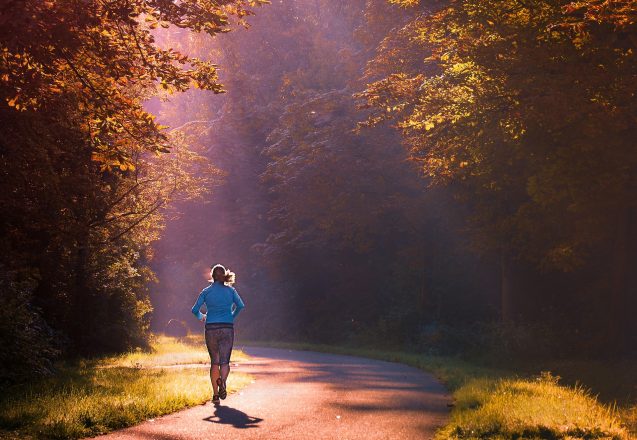
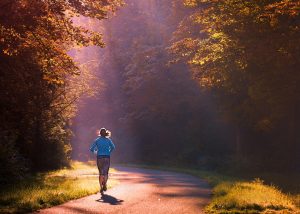 People who find it difficult to fit their workout in during the day find it’s easier if they do it in the morning before the day starts. They rise and really shine by revving their bodies and getting their system primed and ready for a day of work and enjoyment. Is early morning the best time to workout? There’s always been a debate about the best time to exercise, but for many people early morning is perfect.
People who find it difficult to fit their workout in during the day find it’s easier if they do it in the morning before the day starts. They rise and really shine by revving their bodies and getting their system primed and ready for a day of work and enjoyment. Is early morning the best time to workout? There’s always been a debate about the best time to exercise, but for many people early morning is perfect.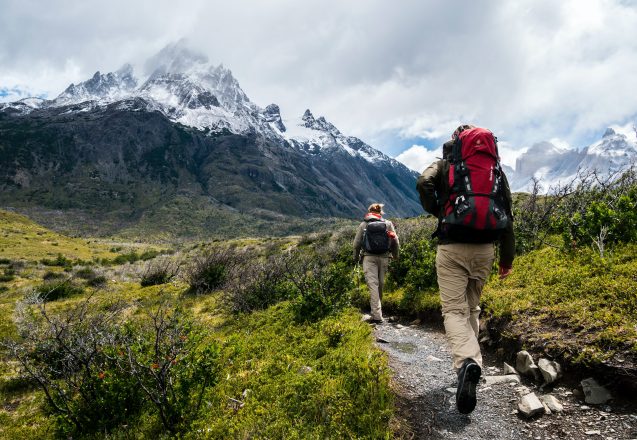
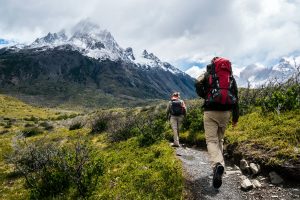 With all the noise and nerve racking urgency of living in the big city, it’s nice to get back to nature and go on a hike. Hikes can vary from a short day in a nearby wooded area to traveling to a remote location that takes several days to reach. What you bring on a hike will vary by location, the amount of time you spend and the weather in that location. You also need to know how remote the location is and whether there is any type of access to cell networks or supplies along the way.
With all the noise and nerve racking urgency of living in the big city, it’s nice to get back to nature and go on a hike. Hikes can vary from a short day in a nearby wooded area to traveling to a remote location that takes several days to reach. What you bring on a hike will vary by location, the amount of time you spend and the weather in that location. You also need to know how remote the location is and whether there is any type of access to cell networks or supplies along the way.